Jeremiah 29:4-7
Read Jeremiah 29:4-7
Helpful Background Information:
Fun fact: this passage was a devotional back in July during our sermon series on the book of Daniel. However, it is always good to be reminded of the historical context whenever we study any Scripture. So, if all of this sounds familiar, you know why!
In 597 B.C. The Southern Kingdom of Judah was attacked by Nebuchadnezzar and Babylon, carrying away 3,023 people, including King Jehoiachin, his household, and prophets. Jeremiah, however, remained in Jerusalem. Word had reached him that some of the exiled false prophets were predicting a speedy collapse of Babylon and a quick return of the exiles to their homeland. Jeremiah felt it was his duty to correct these false prophets and warned his exiled countrymen against any further false expectations. Hence, he wrote this letter in the same year.
Jeremiah told the Israelites in Babylon not to revolt or to stick to themselves. Rather, he tells them to settle down: build homes and gardens, have children, “seek the welfare” of their new setting, seek peace, and thrive as sojourners. Notice, however, that the Israelites were not just to thrive personally. They were also to pray for the prosperity of the country that exiled them, for the practical reason that when the country prospered, they would as well.
The same is true for Christians, for whatever community they find themselves in. For us in Northwest Ohio, these commands in Jeremiah apply to us: build homes, grow gardens, have children, and pray for our communities. This influence is naturally evangelistic, similar to Paul’s purpose in 1 Corinthians 9:19-23. When we operate with Christlike goodwill and bless our communities with godliness, reasonableness, integrity, charity, justice, and generosity, multiple opportunities may arise for the gospel to be proclaimed to the lost people around us. In short, when we seek the welfare of our communities, we are for our towns for the sake of proclaiming Christ and him crucified; and to bring glory to God.
Reflection Questions:
What are some practical ways you can seek the welfare of your city or neighborhood this week? Be specific. How would these opportunities open doors for sharing the gospel?
Building houses, planting gardens, and raising families may seem ordinary. How does this passage change how you view more “mundane” tasks as part of your Christian mission?
When was the last time you intentionally prayed for your local community, schools, leaders, or workplaces?
Name specifically where God has placed you right now: your job, school, family, or town? How might viewing your current situation as a mission field change your heart posture to a desire to see people saved around you?
